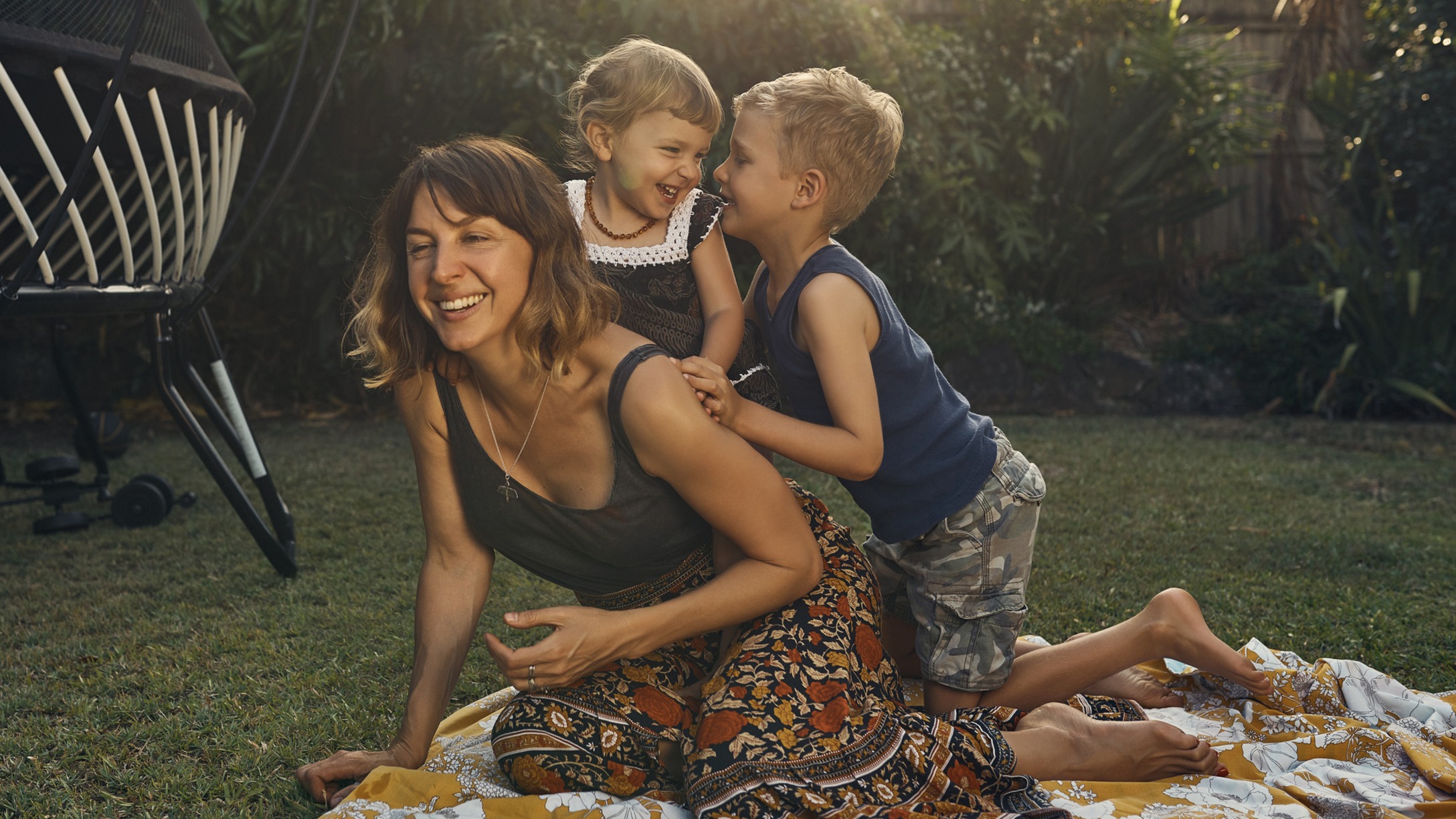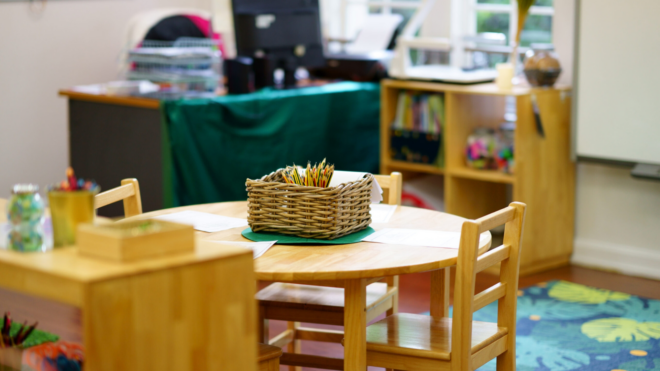
In the ever-evolving world of social media trends, TikTok has brought a new concept into the spotlight: Yes Days. This trend involves parents committing to saying ‘Yes’ to any of their children’s requests for a full day. Whether it’s for a birthday, a reward for academic performance, or just a special treat, the Yes Day promises an adventurous twist to the family routine.
Despite trending recently on TikTok, the idea of Yes Days isn't entirely new. It gained mainstream attention with Jennifer Garner's 2021 film Yes Day based on the 2009 children’s book by Amy Krouse Rosenthal and Tom Lichtenheld. The premise is simple yet slightly daunting: Parents agree to say yes to their kids' requests for 24 hours, within agreed-upon boundaries. This concept has now found a resurgence on TikTok, where families share their Yes Day experiences ranging from buying them the new hot video game to a spontaneous trip to Disneyland. There may be some more bizarre requests like in the movie, but you’d be surprised how many kids have simple dreams such as two desserts or reading a book with you.
I spoke with two child development experts about the pros and cons of Yes Days: child psychologist Erica Kalkut, executive clinical director at LifeStance Health, and Jennifer Seitz, certified financial education instructor and director of education at Greenlight. Both give unique insight into the cognitive, financial, and emotional implications of the Yes Day phenomenon.
More from CafeMom: 10 Tips for Getting Your Kids Up and Out on School Mornings
Prepare for a family Yes Day.

The day before the Yes Day begins, sit down with your children and discuss restrictions and suggestions for the day. Give them examples of what they can and can’t do, both within the budget and with what is and isn’t physically possible. You can go to Universal Studios, but you can’t live there, for example. We can take you to a day at space camp but not space itself. Sorry, we can’t get tickets to see Taylor Swift because it’s been sold out for months and the tour is nearly over. But we can look into Olivia Rodrigo tickets for next year. How about some new CDs instead?
“Yes Day can be a way to sprinkle in fun and excitement to your family's life.” Kalkut tells us. “Parents and children benefit from a day when boundaries are loosened, expectations are lowered, and freedom is embraced. However, even when offering a Yes day, it's important that parents still set some parameters for the day, since after all, some activities might be out of reach for a child.”
If you’re stuck for ideas, browse the Yes Day tag on TikTok and Instagram, though in all honesty, your kids will probably already have a mental list of what they will want to do. Sit down and make a written list of what the kids want to accomplish, in terms of where they want to go and why they want to do it, focusing most on the to-dos that are driven by emotion. That could mean toys they have wanted for a long time, visiting a place they miss, or seeing you do something that will make them laugh.
Build a connection.

For children, Yes Days are an opportunity to exercise their creativity and to voice their desires without the usual constraints of practicality. For parents, it’s a chance to build stronger bonds with their kids and to create memories that might be cherished for years. Also, having one day when you don’t have to appear as the “bad guy” for saying no all the time can relieve a bunch of stress. It can be a real shot in the arm to a relationship that has been strained by stress with work and school.
“Parents and children alike can experience burnout from the daily grind of demands and limitations.” Kalkut says. “Over time, a dynamic between child and parent that is shadowed by nonstop ‘No’ and ‘Stop’ or ‘Don't do that’ becomes more authoritarian. This leads children to feel stifled or possibly itching to rebel, while parents feel less connected and engaged with their children. Ideally, parents aim for a healthy mix of restriction, where they set limits, together with independence, where children may be allowed the freedom to indulge. Approaching each day with this balance will lead to a healthier parent child dynamic.”
Through preplanned boundaries and budgets, you and your child can bond over chosen Yes Day activities with a carpe diem attitude and a self-care mindset. Most children will want toys or days out, but you’d be surprised to discover how many children just want you to take a day off work to spend time with them painting in the garden, collecting cool rocks, or watching their favorite movies. Whether it’s day of expense or free fun, it’s all about spending time with them and helping ignite their creativity and independence, and maybe even teaching them a little about finance along the way.
Budgeting for the day can help foster financial independence.

Though the rule of Yes Day is to, of course, say yes, setting boundaries beforehand is key to a successful Yes Day. Before the day starts, sit down and work out the monetary budget with your kid. Say you’re budgeting $50 for the day; this means you’ll probably be focusing on buying toys, movie tickets, food, and other relatively small things/activities. Make sure they know they won’t be able to fit in a long vacation and new TV for that amount. If your budget is $200, this means slightly more extravagant desires can be met: a day at Disney World, a three-course meal at a fancy restaurant, or a party with their whole class from school. The list is almost endless. Hidden costs are also something to think about.
"You can start with setting a clear (and realistic!) budget for a Yes Day," Seitz suggests. "It helps children understand the value of money and make thoughtful decisions, prioritizing what’s most important to them. Remember to discuss how money will be needed for activities — even if an event itself is free. For example, an event at a local park may not have an admission fee, but there may be a transportation cost or they may want to buy snacks, drinks, etc. Help kids estimate the end-to-end expenses they can anticipate in various categories so they can stay within the total budget for their day of fun.”
It’s not only important to make sure your child understands how to budget for the Yes Day itself, but it’s a good teaching moment for their future finances.
“The key is to turn the Yes Day into a real-life, interactive learning experience," Seitz continues. "When kids see firsthand how quickly expenses can add up, and that even the free activities can come with costs, they can learn how to make wise money decisions. As a hands-on practice, these mini-money moments can be much more impactful than a more theoretical lesson, because it involves real money and real consequences.”
More from CafeMom: 17 Smart Ways To Manage the Family Budget
Regulating emotions is important.

Some children may forget about the boundaries set before the Yes Day begins and become upset that they are “not allowed to” go to the moon, to pet a tiger, or to own all the ice cream in the world. They may feel betrayed by being told you’ll say yes to everything only to turn around and say no. You may have to keep reminding them about the concept of reality.
They may also feel a drop in mood the next day because of having to fall back into a normal routine with rules and restrictions. But is that really any different from any day of celebration? Many kids get the post-birthday blues, the end of Christmas feeling of boredom, and so on. Kalkut suggests keeping track of your child’s emotions before, after, and during their Yes Day. Just remind them that not only will there be a new celebration somewhere along the line, but that their emotions also are valid.
“Remind your child that whatever happens on a Yes Day, even if it is fun and exciting, can still bring big emotions, and that indulging means also dealing with those emotions, good and bad, that come along with it," Kalkut tells us. "These are important cognitive concepts that foster self-esteem, confidence, and persistence.”
Though feeling overwhelmed isn’t necessarily a bad thing, the end goal is happiness and satisfaction. The emotions and memories a Yes Day will bring are widely going to be positive.
So is the Yes Day trend a healthy one? We’d say yes, so long as boundaries and realistic goals are in place. At the end of the day, this trend is a learning moment and a way to spend quality time with your children that you will never regret when you’re all older.



